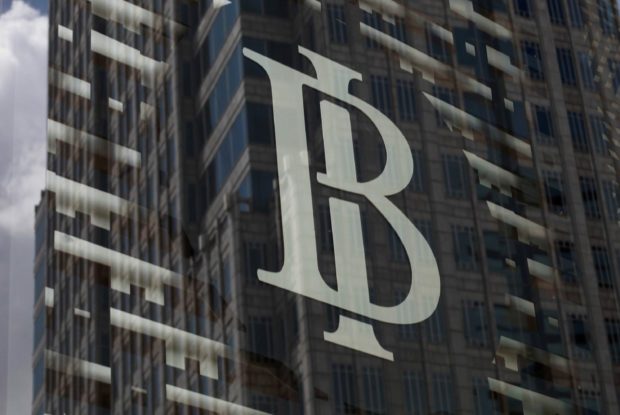JAKARTA -Indonesia’s central bank raised its key policy rate by 25 basis points (bps) on Thursday, its sixth hike since August, and signaled that its tightening cycle was ending as inflation has cooled faster than expected.
Bank Indonesia (BI) increased the 7-day reverse repurchase rate to 5.75 percent, as expected by the majority of economists in a Reuters poll, bringing its total rate hikes since August to 225 bps.
In a statement after the decision, the central bank said that amount of tightening should be “adequate” to bring headline consumer inflation back into its 2-4 percent target range in the second half of this year and ensure core inflation remains under 4 percent.
Asked about the prospect for further rate hikes, Governor Perry Warjiyo indicated an end to the current monetary tightening cycle.
“If there is no extraordinary information that we cannot foresee… our use of the word ‘adequate’ can already answer the question,” he told a news conference.
Inflation in Southeast Asia’s largest economy hit a 7-year high of 5.95 percent in September last year amid rising global food and energy prices, but the pace has since slowed to 5.51 percent in December.
Warjiyo said markets had expected a much higher end-year inflation rate of 6.5 percent.
Malaysia’s central bank on Thursday unexpectedly kept its benchmark interest rate unchanged, signaling worries about economic growth after four consecutive rate hikes last year. Some analysts said the decision also pointed to an end to its tightening cycle.
“BI … appeared to signal there would be no further rate increases this year. We are changing our forecast in response, and now think the tightening cycle has come to an end,” said Gareth Leather, an analyst with Capital Economics, who previously expected another 25-bps hike after Thursday.
DBS Bank economist Radhika Rao also said comments about “adequate” rate hikes “will feed expectations that the domestic policy tightening cycle is nearing its end,” while noting that policymakers would likely closely watch the Fed’s February meeting for guidance.
The rupiah was little changed after the rate decision on Thursday. The currency has strengthened by almost 3 percent this year against the U.S. dollar amid expectations that the Federal Reserve will slow the pace of its interest rate hikes.
Warjiyo said BI expected the rupiah to strengthen further as global financial uncertainty eases and major central banks near the end of their tightening.
To further support the currency, BI has been in talks with local banks on a plan for them to pass on foreign exchange deposits from exporters to the central bank, which will provide incentives so that the earnings stay longer onshore, the governor said. The instrument may be launched in mid-February, he said.
BI made no change to its domestic economic outlook, expecting GDP growth at the midpoint of 4.5 percent to 5.3 percent this year, down from the upper end of the same range in 2022.
Subscribe to our business newsletter
Read Next
Subscribe to INQUIRER PLUS to get access to The Philippine Daily Inquirer & other 70+ titles, share up to 5 gadgets, listen to the news, download as early as 4am & share articles on social media. Call 896 6000.
For feedback, complaints, or inquiries, contact us.
For all the latest Business News Click Here
For the latest news and updates, follow us on Google News.

